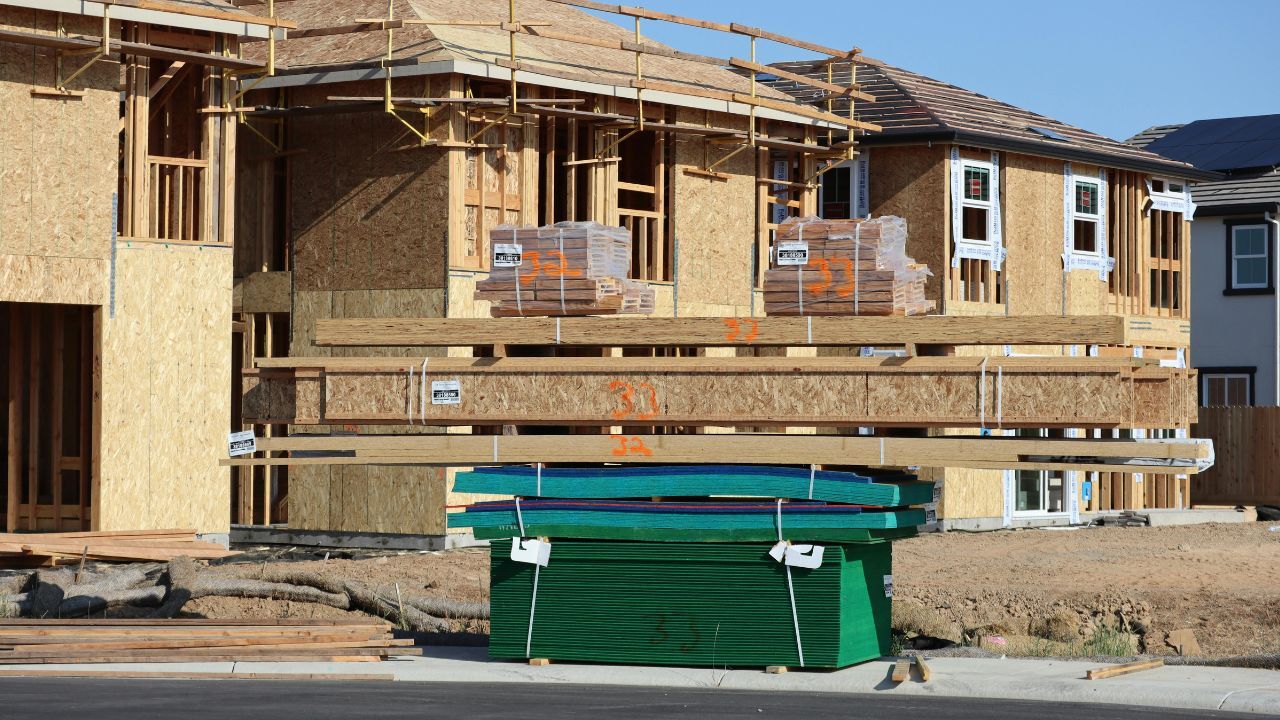What’s Ahead For Mortgage Rates This Week – October 6th, 2025

The release of key Unemployment Data was delayed last week due to administrative changes in how jobless figures are tracked. The Consumer Confidence report reflects these policy adjustments, showing growing concerns about the job market and a larger-than-expected decline in confidence for September.
Lastly, with tariff disruptions continuing to affect the manufacturing sector, the Global US Manufacturing data has revealed that production has slowed overall since the initial disruptions.
Manufacturing PMI
The latest survey showed a weaker gain in production, whilst new order book growth softened as tariffs continued to weigh on exports. Tariffs and broader policy uncertainty also dampened firms’ assessment of the business outlook, but expectations of manufacturing production reshoring and hopes of better demand in the year ahead meant sentiment remained positive overall.
Consumer Confidence
Consumer confidence fell sharply in September on growing worries about the labor market. The consumer-confidence index dropped to 94.2 in September from a revised 97.8 in the prior month, the Conference Board said Tuesday. This is the lowest level since April.
Primary Mortgage Market Survey Index
• 15-Yr FRM rates saw an increase of 0.06% for this week, with the current rate at 5.55%
• 30-Yr FRM rates saw an increase of 0.04% for this week, with the current rate at 6.34%
MND Rate Index
• 30-Yr FHA rates saw a decrease of -0.06% for this week. Current rates at 6.03%
• 30-Yr VA rates saw a decrease of -0.05% for this week. Current rates at 6.05%
Jobless Claims
The unemployment data has been delayed, but expected claims are 222,000. The prior week landed at 218,000.
What’s Ahead
The key releases next week will include major inflation reports — the CPI and PPI — along with the delayed Unemployment Data report. The Federal Reserve’s Beige Book will also be a notable release.

 First responders and military families play vital roles in our communities, and there are mortgage programs designed to recognize their service. These programs often provide favorable terms, lower down payments, and unique benefits that make homeownership more accessible. Understanding these options can help heroes and their families achieve their dream of owning a home while taking advantage of benefits tailored to their service.
First responders and military families play vital roles in our communities, and there are mortgage programs designed to recognize their service. These programs often provide favorable terms, lower down payments, and unique benefits that make homeownership more accessible. Understanding these options can help heroes and their families achieve their dream of owning a home while taking advantage of benefits tailored to their service. Buying land or constructing a new home offers exciting opportunities for customization and investment, but the mortgage process differs from traditional home loans. Lenders often have stricter requirements for land and new construction financing, so understanding your options, planning ahead, and working closely with a mortgage professional is essential. By knowing what to expect, you can navigate this process smoothly and secure the financing needed to bring your vision to life.
Buying land or constructing a new home offers exciting opportunities for customization and investment, but the mortgage process differs from traditional home loans. Lenders often have stricter requirements for land and new construction financing, so understanding your options, planning ahead, and working closely with a mortgage professional is essential. By knowing what to expect, you can navigate this process smoothly and secure the financing needed to bring your vision to life.